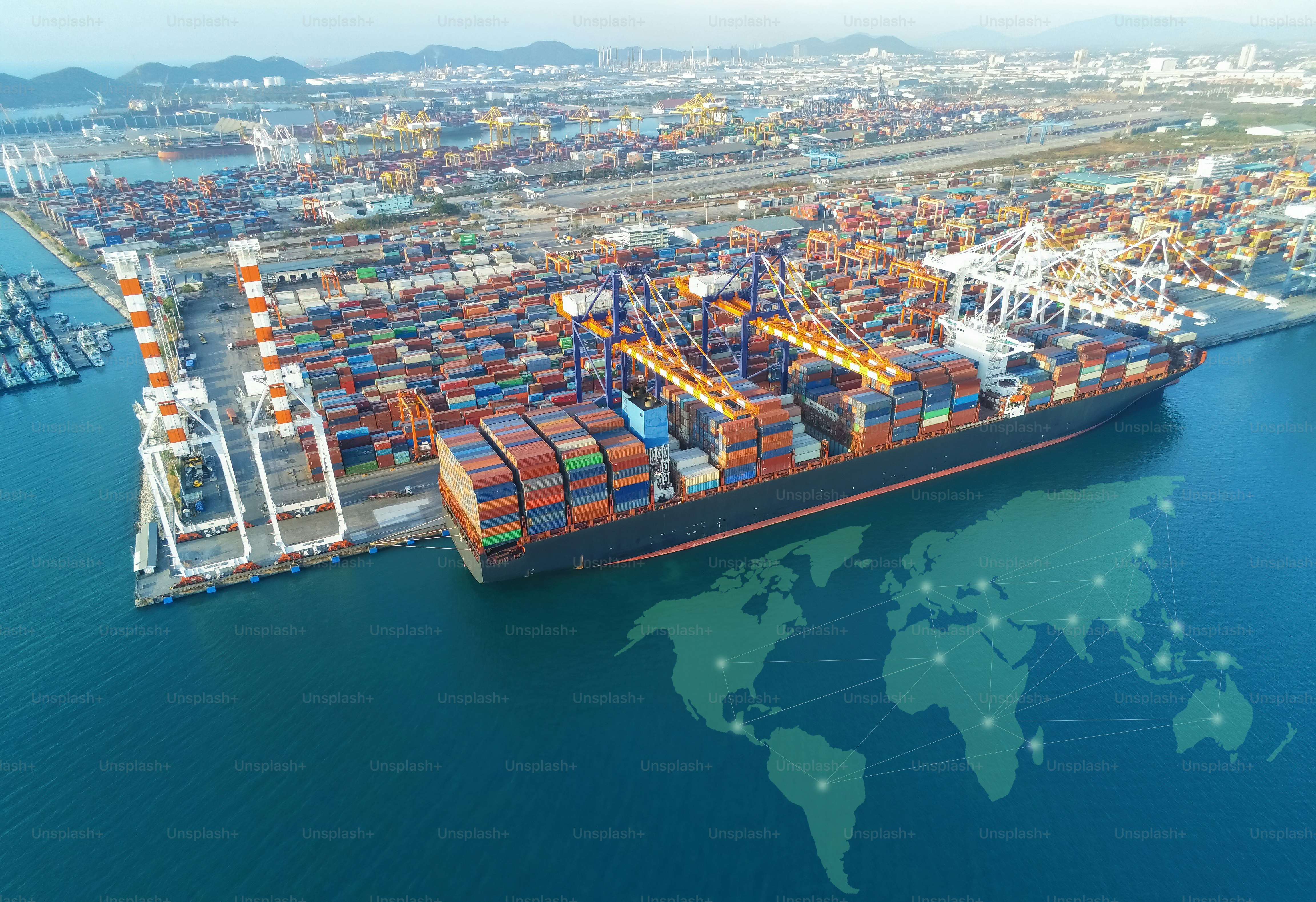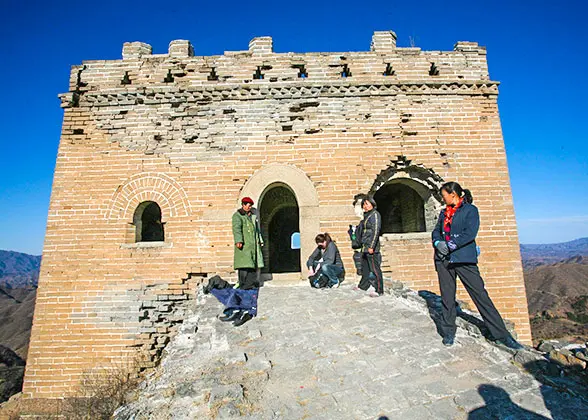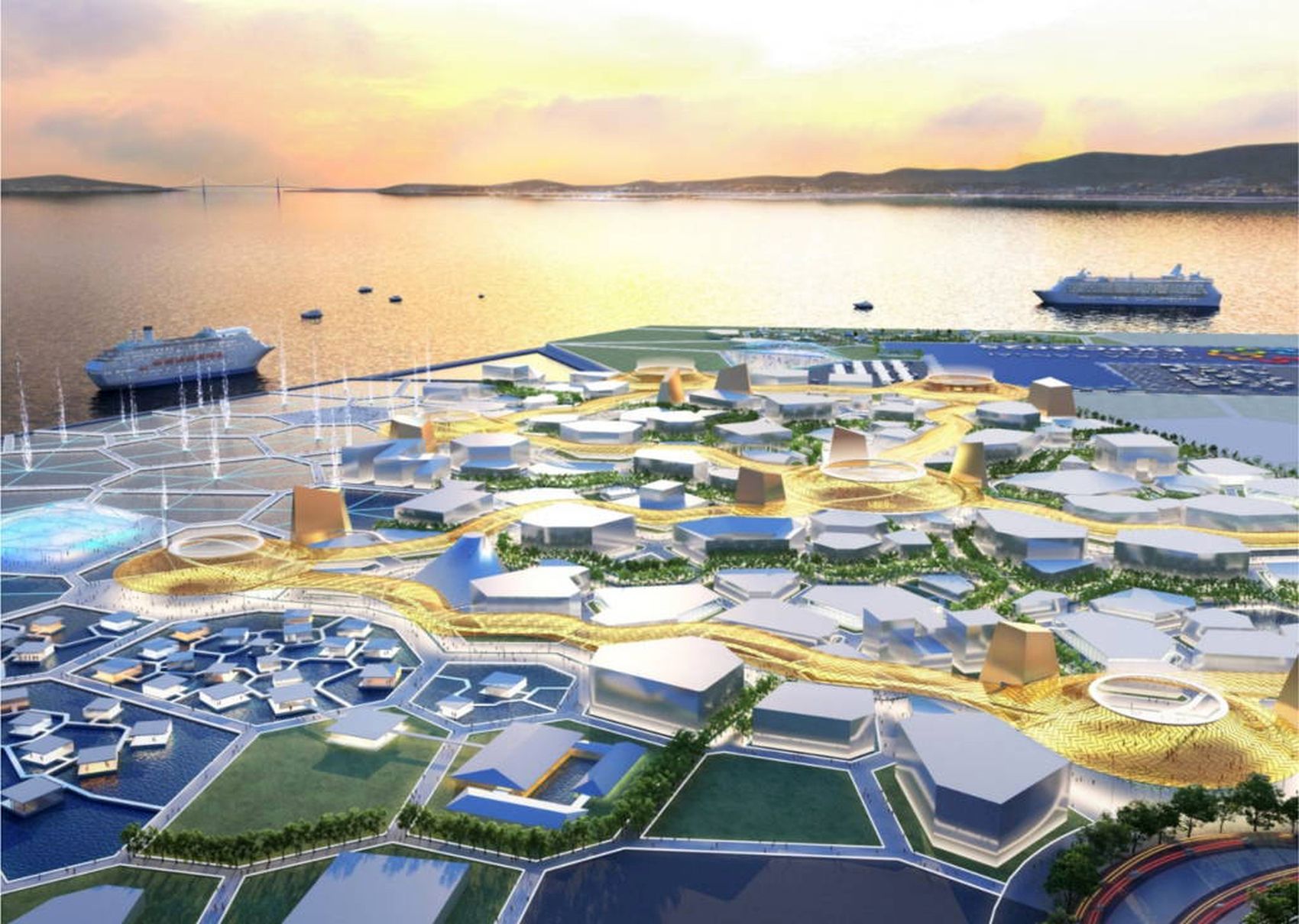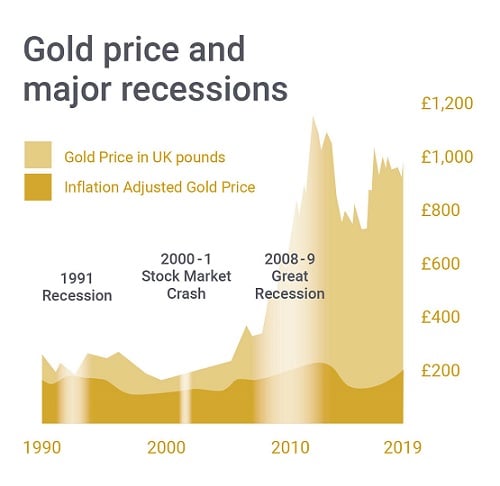Friends, let’s talk about something deeply unsettling happening in global trade. Reports from Belgium’s ‘L’Echo’ newspaper, penned by their Deputy Editor Jean-Philippe Quaadebash, are hitting hard – and they should. The US’s so-called ‘reciprocal tariffs’ aren’t just protectionism, they’re a deliberate demolition of the international rules-based system we’ve painstakingly built over decades.
This isn’t about fair trade; it’s about brute force. The US approach, bluntly put, is ‘reshaping trade through coercion’, and the result is a complete and utter erosion of existing norms. We’re seeing a level of economic nationalism that frankly, feels like we’re sliding back to the 1930s.
But the most infuriating part? The collateral damage. The US is dragging some of the world’s most vulnerable nations into this ‘absurd tariff war’. These are countries least equipped to handle the fallout, and they’ll be the ones who pay the heaviest price. This isn’t just bad economics; it’s morally reprehensible.
Here’s a little background for those newer to these issues:
Tariffs as a Trade Weapon: Tariffs—taxes on imported goods—are often used as a tool to protect domestic industries. However, excessive or strategically deployed tariffs can escalate into trade wars, harming global economic growth.
The WTO’s Role: The World Trade Organization (WTO) is meant to provide a framework for resolving trade disputes and ensuring fair competition. The US actions are actively undermining the WTO’s authority.
Impact on Developing Nations: Developing countries often lack the resources to absorb the economic shocks of tariffs. They become extremely vulnerable to price fluctuations and reduced export opportunities.
Reciprocity & Retaliation: The concept of ‘reciprocity’ in tariffs suggests equal treatment, but in practice, it often leads to tit-for-tat escalations. Retaliation can quickly spiral out of control.
The real question isn’t if this will hurt the global economy, but how badly. We need to demand accountability and a return to a rules-based system before it’s too late. This isn’t a game. This is the future of global prosperity.






